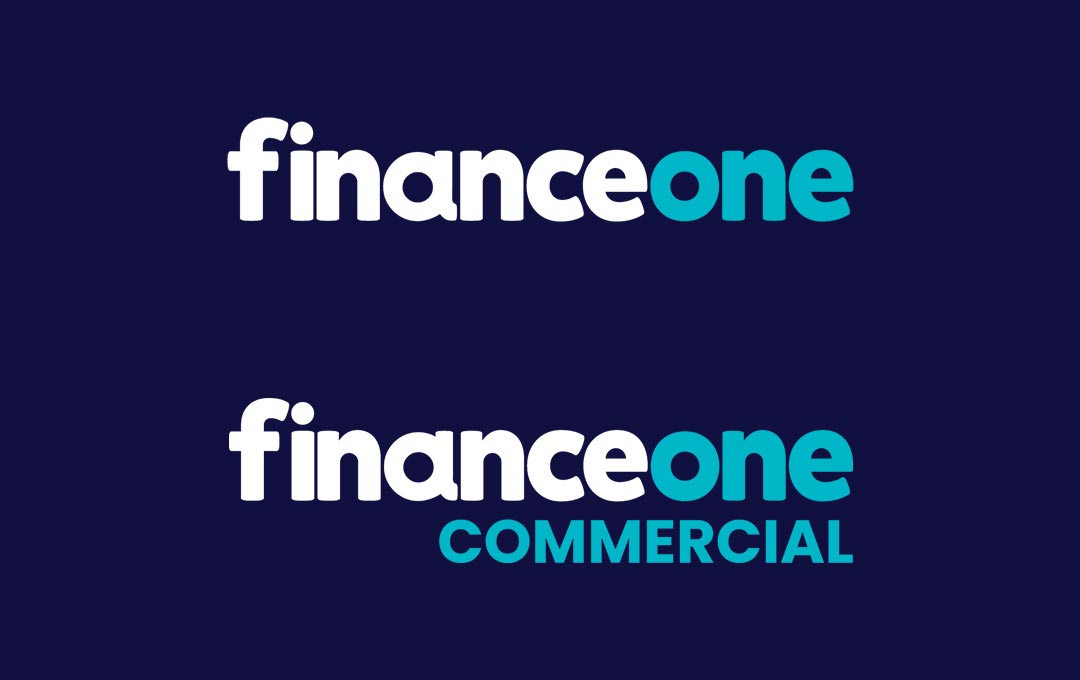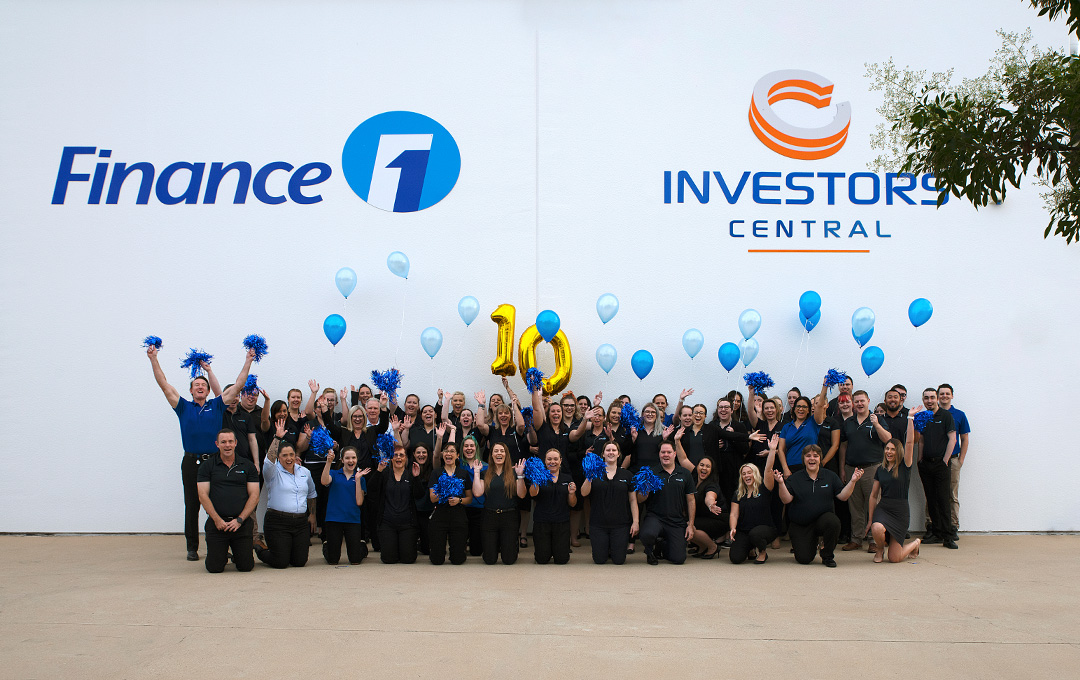Fortunately, bad credit doesn’t last a lifetime in Australia, and there are some things you can start doing today to fortify your score and give your credit file the best chance of a successful recovery.
What is ‘bad credit’ anyway?
Having not held a credit product or credit account before
- Credit products include mobile phone plans, credit cards or personal loans, as well as home loans. Not having had a credit product or account before isn’t something that’s necessarily negative. Still, in the eyes of a credit provider, they’ve no way to tell how responsible you will be for meeting their repayments of the money that you borrow from them.
Applying for too many credit enquiries in a short period of time
- This can make it look as though you are living outside your means, or are irresponsible with your money.
Any payment defaults or unpaid debt
- If you have missed payments of over $150 that remain overdue for 60 days or more, they may be registered as an overdue debt on your file and show up as a ‘default’.
Bankruptcy, court judgments or debt agreements
- Once debt becomes unmanageable, some people look for assistance and intervention, such as coming to an agreement with their creditors via a debt agreement. Understandably, if you’ve been declared bankrupt, have a debt agreement in place, or have had legal proceedings occur regarding repaying your debt (called a court judgement), this will seriously affects your credit score.
- If you’ve found yourself in a position of unmanageable debt or are struggling financially, then The National Debt Helpline might be able to assist. The helpline is an information service that could help you access free financial counselling to start to feel more in control of your finances.
We look at your full situation and your own circumstances because we understand that history doesn’t always repeat itself.
Apply Online NowHow long does a bad credit score last?
Up to two years
Five to seven years
Up to 10 years
How can I improve my credit report?
Access a free credit score report
Did you know
An identity theft attempt can wreak havoc on credit scores. If something on your credit file doesn’t seem right, always question it — don’t let criminals give you a bad credit rating!
Pay bills on time
Sort out a payment plan
The best approach to credit repair is to take action early, to prevent things from spiralling out of control. Almost every creditor or service provider will want to work with you to sort out a plan for payment before sending your account to a collection agency. Getting on the front foot to show that you’re being financially accountable can mean avoiding a credit infringement or additional fees, penalties or needing to pay higher interest rates.
Minimise your credit enquiries
Top tip
It can pay to think twice about automatically accepting your bank’s credit card limit increase offers. An excessive credit limit could reduce your capacity to borrow money elsewhere, including business loans.
Does every credit provider look at credit reports?
Most providers with an Australian credit licence will rely on your credit report (amongst other lending criteria) to assess any application for credit.
If your financial history isn't a good indication of your current financial situation, it can be difficult to apply for new credit.
Disclaimer: The information above is of a general nature only and does not consider your personal objectives, financial situation or particular needs. You should consider seeking independent legal, financial, taxation or other advice to check how the information relates to your particular circumstances. We do not accept responsibility for any loss arising from the use of, or reliance on, the information.




